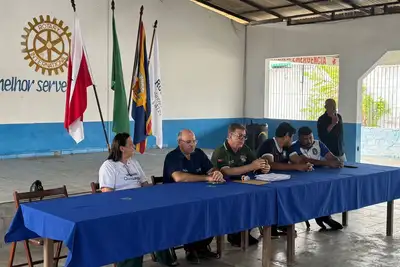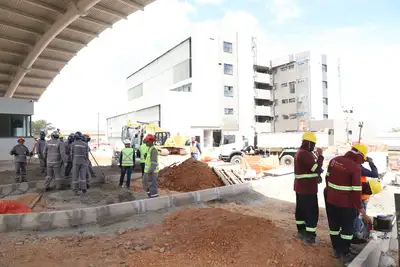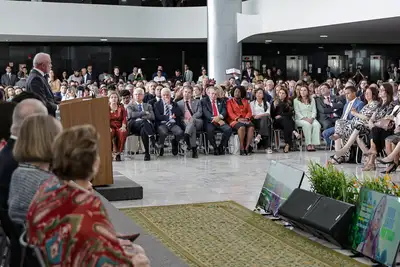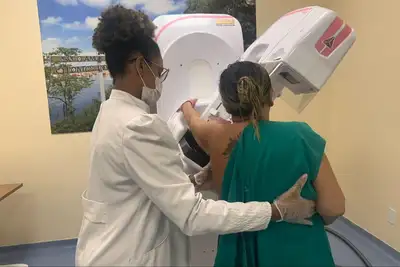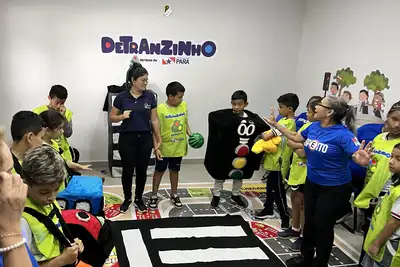Military Police of Pará conducts emergency simulation in Ananindeua shopping mall focusing on security for COP30
The exercise involved security forces and the private sector to test crisis response and align prevention protocols
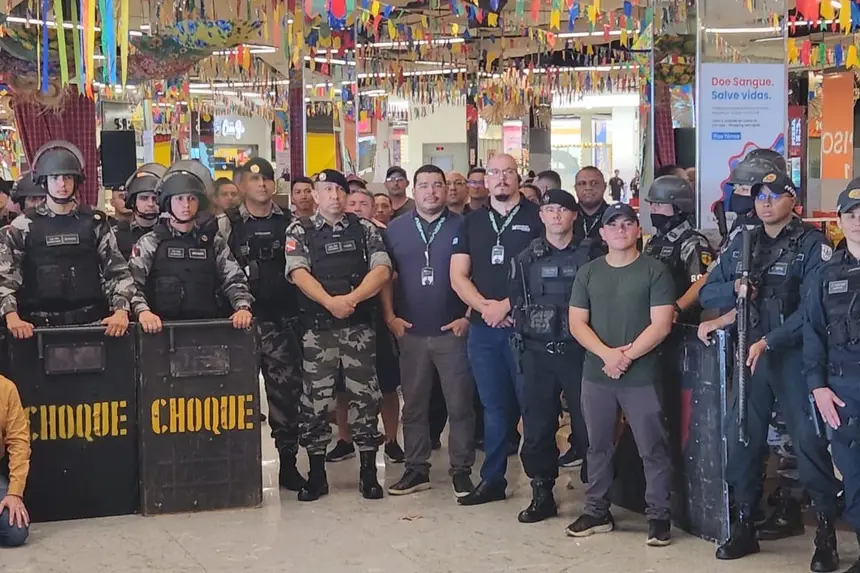
On this Wednesday (5), the Military Police of Pará, through the Special Missions Command (CME), conducted an emergency simulation at the Metrópole Ananindeua Shopping Mall, themed "Social Movements." The action focused on preventive security and aligning protocols for large events, especially the United Nations Conference on Climate Change (COP30), which will be held in Belém in November.
Coordinated by the Military Police in partnership with the shopping center's security team, the simulation tested the response capacity of the teams in different crisis scenarios. The operation involved the shopping mall's private security, fire brigade, and other operational sectors — all without compromising the normal functioning of the establishment.
“Training like this allows us to align protocols and ensure that, in any risk situation, the response is quick, coordinated, and efficient. Anticipation is the key to preventive security, and the private sector is a strategic ally in this process,” highlighted the commander of the Special Police Operations Battalion (BOPE), Major Helton Rocha.
The action is part of the Military Police's prevention policy and demonstrates the corporation's commitment to public safety in high-traffic areas. The exercise also follows the guidelines of the Brazilian Shopping Centers Association (Abrasce), which advises shopping centers to strengthen dialogue with security forces.
“This joint work with the Military Police raises our security standards. We are anticipating possible critical scenarios based on best practices,” stated the shopping mall's superintendent, Renata França.
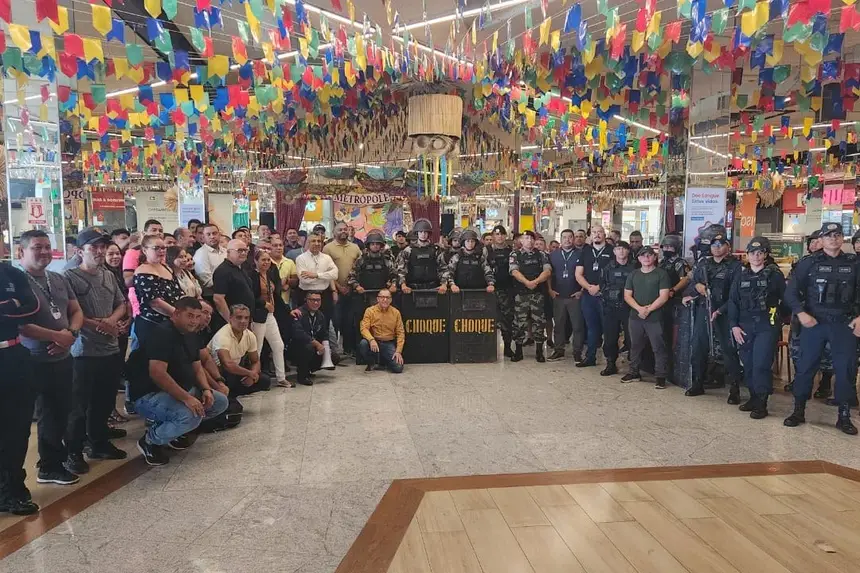
Training Cycle
The simulation this Wednesday is part of a series of training sessions conducted by the Military Police focusing on different types of crises. The proposal is to simulate real situations to train the personnel and private agents operating in environments with a large flow of people.
Topics such as crises involving individuals with psychological disorders, demonstrations and protests, and hostage situations have already been addressed. The next exercise will simulate crisis management with the risk of explosive devices. Each scenario is executed in a shopping mall in the Metropolitan Region of Belém, involving specialized operational units of the Military Police and collaborators from the commercial establishments.


